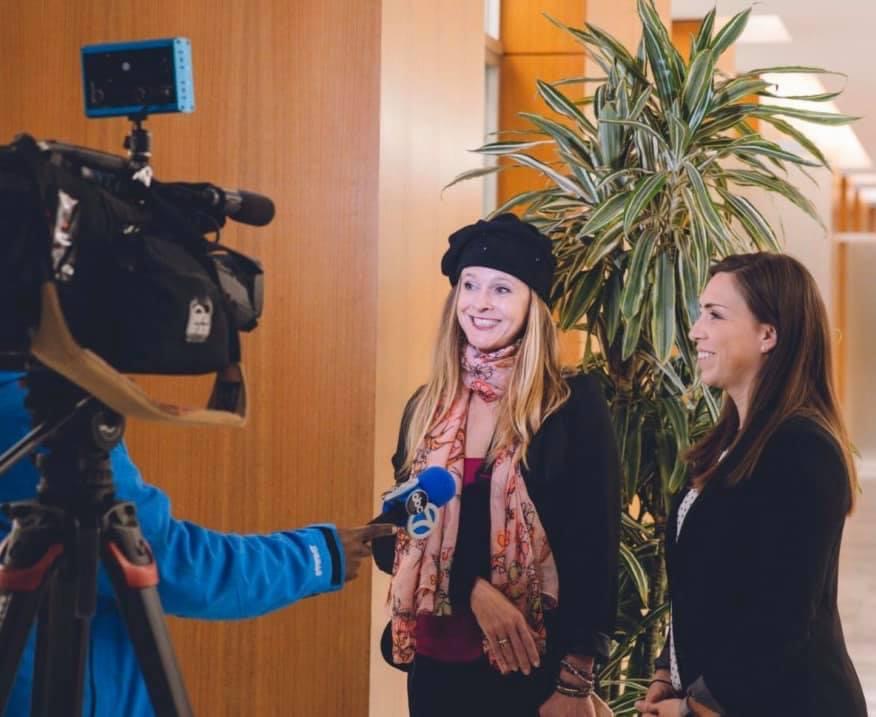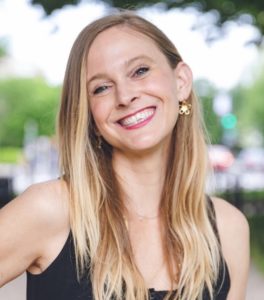HOPE Court is the DC Superior Court’s response to the needs of court-involved youth, namely youth who are a part of the delinquency or PINS (persons in need of supervision) systems, who are at high risk or have experienced commercial sexual exploitation or human trafficking. The Commercial Sexual Exploitation of Children (CSEC) is a national problem impacts the lives of thousands of youth. The District of Columbia is considered to be one of the top 10 cities where CSEC occurs.
About
Hope Court
In October 2015, a multi-disciplinary team of CFSA, OAG, DBH, Children’s National Medical Center, law enforcement, the Child Guidance Clinic, and others was formed to review at risk and confirmed cases of child sex trafficking.

HOPE Court is the manifestation of D.C. Superior Court’s desire to comprehensively address the needs of child victims of sexual exploitation in a trauma-informed and community minded way. As a treatment court, HOPE Court relies on interagency collaboration and community direct service providers to ensure that child victims are identified quickly, treated fully, and supported long-term with the appropriate community services and resources. HOPE Court is unique in ensuring youth agree to the program and engage in their service delivery plan.

History
HOPE Court was born out of the passage of the 2014 Sex Trafficking of Minors Prevention Act, legislation that members of Karana Rising and other advocate agencies, fought to pass for three years. The main goals of this legislation were to ensure child victims of commercial sexual exploitation and sex trafficking were protected from arrest charges of prostitution and solicitation as well ensuring at risk children were identified and referred by law enforcement to child protective services. Shortly afterwards in 2015, the Justice for Victims of Trafficking Act also was passed that effectively mandated that states amend their laws to ensure that sex trafficking be included as a form of child abuse and neglect. States had two years to come into compliance.
Meanwhile, D.C. Superior Court held monthly CSEC PINS- SUBCOMMITTEE meetings that began the process of looking at how the court should respond to children who were victims of sex trafficking. During this time, members of Karana Rising worked on another aspect of the Sex Trafficking of Minors Prevention Act which was to create an online training to reach every single metropolitan police officer on how to identify and assist victims of human trafficking. This included trainings at the police academy, online training development, and trainings for school resource officers.



